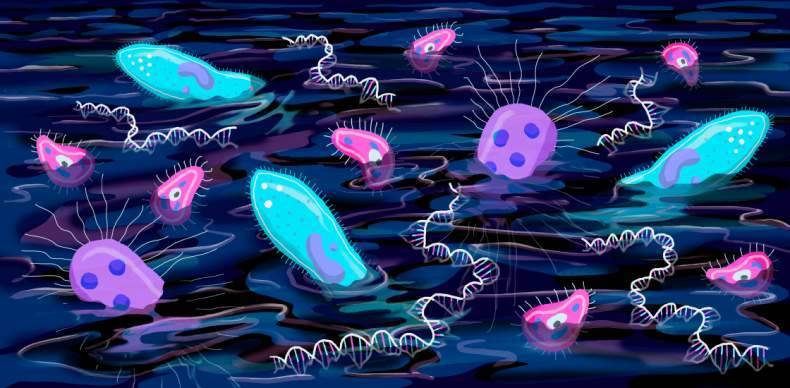
New research suggests that genes associated with autism have fundamental roles in the body beyond just the brain. Autism genes are ancient and prone to mutations, which can result in physical abnormalities. These genes are involved in the development of various body parts, not just the brain. They function as regulators of gene expression and control the timing of development. Ancient autism genes tend to be large, with most of their length made up of noncoding DNA segments. These genes have highly conserved sequences in their noncoding regions, which regulate their expression. They produce different RNA transcripts tailored for various functions. It is becoming increasingly clear that autism genes play complex and essential roles throughout the body.
Research in the field of autism genetics has traditionally focused on sequencing genes, often overlooking the noncoding regions of DNA. However, it is now recognized that mutations in these regulatory sequences are crucial for understanding the genetic basis of autism. Older genes, including ancient autism genes, form the foundation of gene networks and tend to interact with larger networks. The age of a gene determines the size of the network it interacts with in the genome. These gene networks can be compared to a spider web, with certain genes acting as “hubs” that have more connections to other genes.
Mutations in genes can affect their immediate neighbors in the gene network. Random mutations in a large network suggest that autism genes are likely to be affected due to their connections. Different mutations in the human population can lead to similar autistic characteristics by impacting the larger autism gene network. Understanding the structure and evolution of genes provides context and predictive power in the field of autism genetics. Studying gene evolution also sheds light on the emergence of conditions like autism.
The exploration of genome evolution and structure could lead to faster advancements in the diagnosis and treatment of autism. Researchers, such as Emily Casanova, a research assistant professor of biomedical sciences at the University of South Carolina School of Medicine Greenville, emphasize the importance of studying the regulatory sequences in autism genes as targets for clinical study. By understanding the evolution and function of these genes, researchers hope to gain insights into the underlying mechanisms of autism and improve outcomes for individuals with the condition.
Emily Casanova is research assistant professor of biomedical sciences at the University of South Carolina School of Medicine Greenville.
